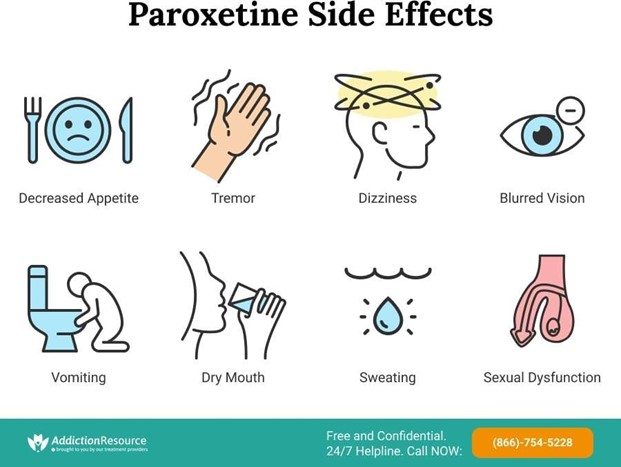A nurse in a provider's office is assessing a client who has hypothyroidism and has been taking levothyroxine for 2 months.
Which of the following statements by the client indicates a therapeutic response to the medication?
"I am taking a laxative for constipation”
"I have noticed I'm not as cold as I use to be”
"I am losing weight without dieting”
"I seem to be sleeping more than usual”
The Correct Answer is B
Levothyroxine is a thyroid hormone medicine used to treat hypothyroidism (low thyroid hormone)1.
It works by replacing thyroid hormone that is normally produced by the body.
Cold intolerance is a common symptom of hypothyroidism2, so if the client reports that they are not as cold as they used to be, it indicates that the medication is working and their hormone levels are returning to a healthy range.
Choice A is wrong because constipation is a common symptom of hypothyroidism2, so taking a laxative for constipation does not indicate a therapeutic response to the medication.
Choice C is wrong because weight loss without dieting can be a side effect of taking too much levothyroxine.
Choice D is wrong because sleeping more than usual can be a symptom of hypothyroidism2, so it does not indicate a therapeutic response to the medication.
Nursing Test Bank
Naxlex Comprehensive Predictor Exams
Related Questions
Correct Answer is D
Explanation
The nurse should instruct the client to monitor for drowsiness as an adverse effect of taking paroxetine.

Choice A is wrong because peripheral edema is not a common adverse effect of paroxetine.
Choice B is wrong because alopecia is not a common adverse effect of paroxetine.
Choice C is wrong because tinnitus is not a common adverse effect of paroxetine.
Correct Answer is C
Explanation
The correct answer is Choice C.
Choice A rationale:
- This response is not appropriate because it is judgmental and may make the client feel defensive.
- It is important for the nurse to respect the client's right to make their own decisions about their health care.
- Telling the client what they should do can undermine their autonomy and potentially damage the nurse-client relationship.
- It's crucial for the nurse to remain objective and avoid imposing their personal opinions or beliefs onto the client.
Choice B rationale:
- This response is also not appropriate because it is using scare tactics to try to persuade the client to get the vaccine.
- This approach can be counterproductive and may further alienate the client.
- It's important to provide accurate information about the risks and benefits of the vaccine in a neutral and non-threatening manner.
Choice C rationale:
- This is the most appropriate response because it acknowledges the client's right to refuse the vaccine while still encouraging them to get it.
- It also demonstrates respect for the client's autonomy and validates their feelings.
- This approach is more likely to foster a positive nurse-client relationship and keep the door open for future discussions about vaccination.
Choice D rationale:
- This response is not accurate because the influenza vaccine is not mandatory for all clients before discharge.
- It is important for the nurse to provide accurate information to the client.
- Threatening the client with an against medical advice form is not appropriate and may be considered a form of coercion.
Whether you are a student looking to ace your exams or a practicing nurse seeking to enhance your expertise , our nursing education contents will empower you with the confidence and competence to make a difference in the lives of patients and become a respected leader in the healthcare field.
Visit Naxlex, invest in your future and unlock endless possibilities with our unparalleled nursing education contents today
Report Wrong Answer on the Current Question
Do you disagree with the answer? If yes, what is your expected answer? Explain.
Kindly be descriptive with the issue you are facing.
